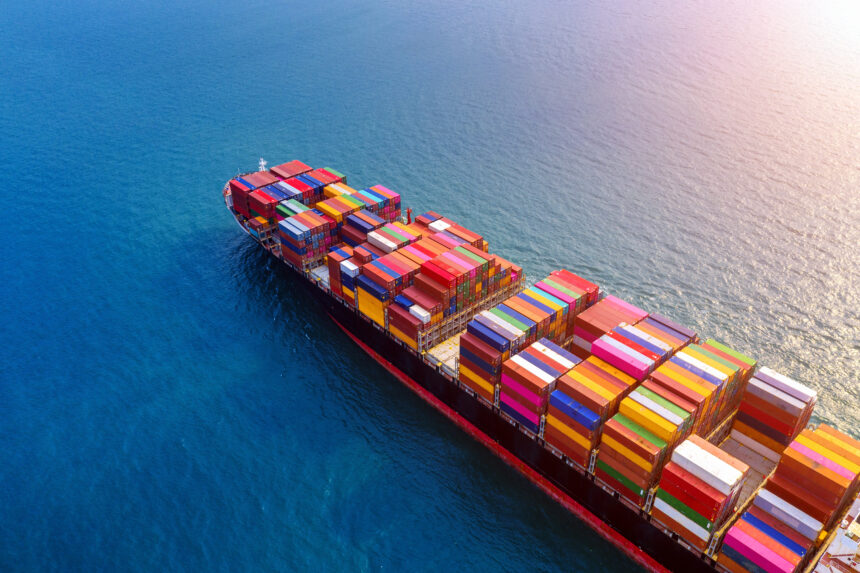Maritime trade plays a pivotal role in South Africa’s economy, serving as a lifeline for businesses involved in international trade. As the gateway to Africa, South African companies heavily rely on shipping to import and export goods across the globe. However, the risks associated with marine transportation are numerous, ranging from natural disasters to piracy and accidents. To mitigate these risks and ensure the smooth operation of international trade, businesses in South Africa turn to marine insurance. This article explores the crucial role of marine insurance in safeguarding businesses involved in international trade in South Africa.
Understanding Marine Insurance
Marine insurance is a specialized form of insurance that provides financial protection to businesses engaged in maritime trade. It covers risks associated with the transportation of goods by sea, including cargo loss or damage, vessel damage or loss, third-party liabilities, and other perils. The insurance policies are designed to mitigate the potential financial burden that may arise from unforeseen circumstances during the voyage.
Risk Mitigation and Financial Protection
South African businesses engaged in international trade face a multitude of risks when transporting goods through the ocean. These risks include vessel sinkings, collisions, piracy, natural disasters, theft, and damage to cargo. Marine insurance provides a safety net against such risks, allowing businesses to transfer the financial burden to insurance companies. By paying a premium, businesses can ensure that their cargo and vessels are protected, minimizing potential losses and securing their financial stability.
Cargo Insurance: Protecting Valuable Shipments
Cargo insurance is a fundamental component of marine insurance. It safeguards businesses against loss or damage to goods while in transit. South African companies exporting or importing valuable commodities, such as minerals, agricultural products, or manufactured goods, greatly benefit from cargo insurance. This coverage provides compensation in the event of perils such as theft, fire, water damage, or accidents during loading and unloading.
Hull and Machinery Insurance: Safeguarding Vessels
The protection of vessels is crucial for businesses involved in maritime trade. Hull and machinery insurance, also known as marine hull insurance, covers the ship itself, including the hull, machinery, and equipment. This policy provides financial protection against risks such as vessel sinking, grounding, collision, and damage caused by natural disasters. By safeguarding their ships, South African businesses can ensure the continuity of their operations and protect their valuable maritime assets.
Liability Insurance: Mitigating Third-Party Risks
Maritime trade involves a wide range of stakeholders, including shipowners, charterers, cargo owners, and port operators. Liability insurance plays a crucial role in mitigating risks arising from third-party liabilities. It provides coverage against claims made by third parties for loss or damage caused by a ship or its cargo. This form of insurance safeguards businesses from legal expenses and potential financial ruin resulting from claims related to pollution, collisions, cargo damage, or injuries sustained by crew members or third parties.
Conclusion
Marine insurance serves as a vital safeguard for businesses involved in international trade in South Africa. The unpredictable nature of maritime transportation demands comprehensive risk management strategies. By investing in marine insurance, South African businesses can protect their cargo, vessels, and financial stability from the inherent risks associated with global trade. This coverage provides a crucial safety net, ensuring that companies can navigate the challenges of maritime trade with confidence. As South Africa continues to play a significant role in global commerce, marine insurance remains an essential tool in securing the success of businesses engaged in international trade.










